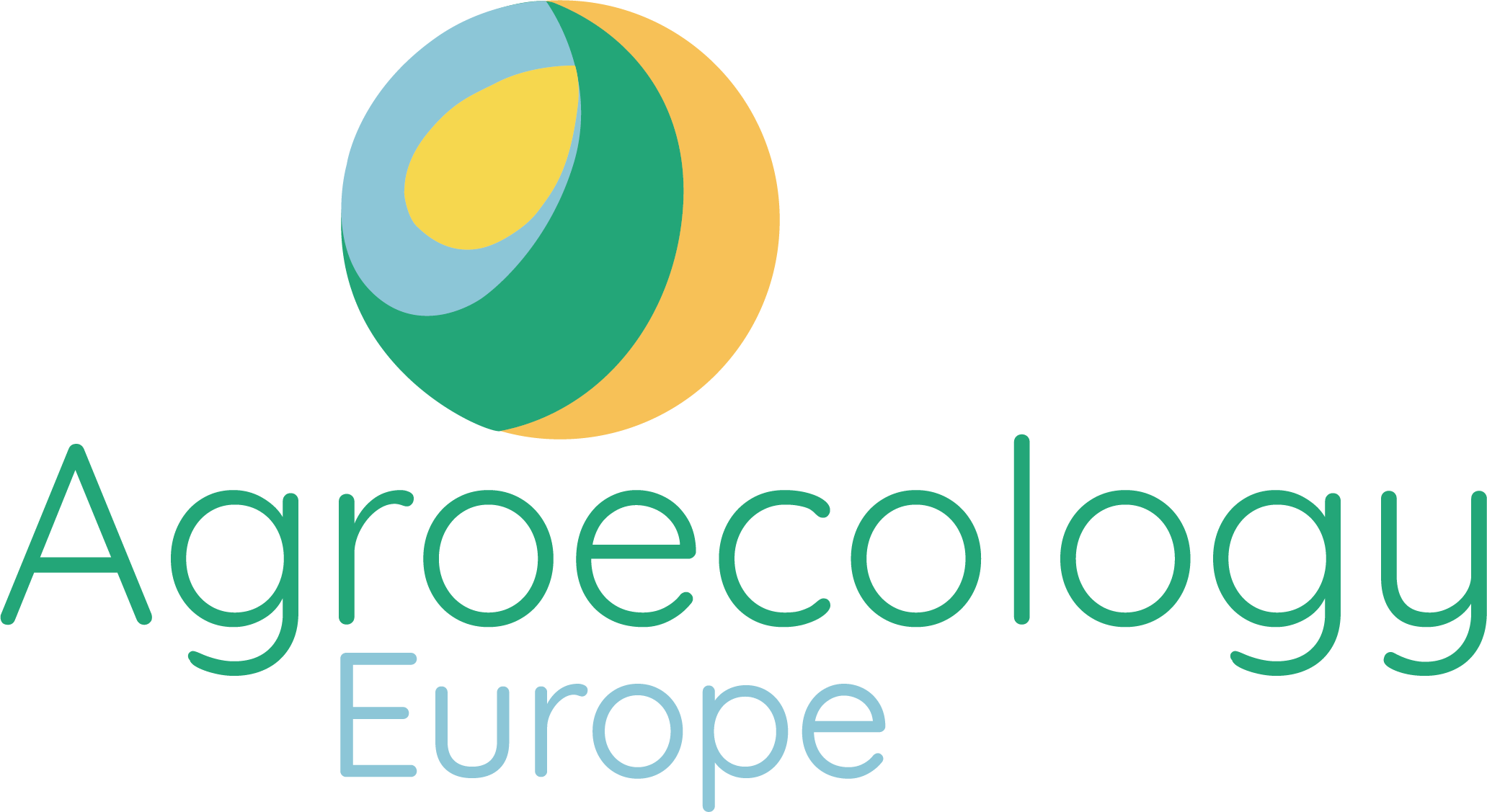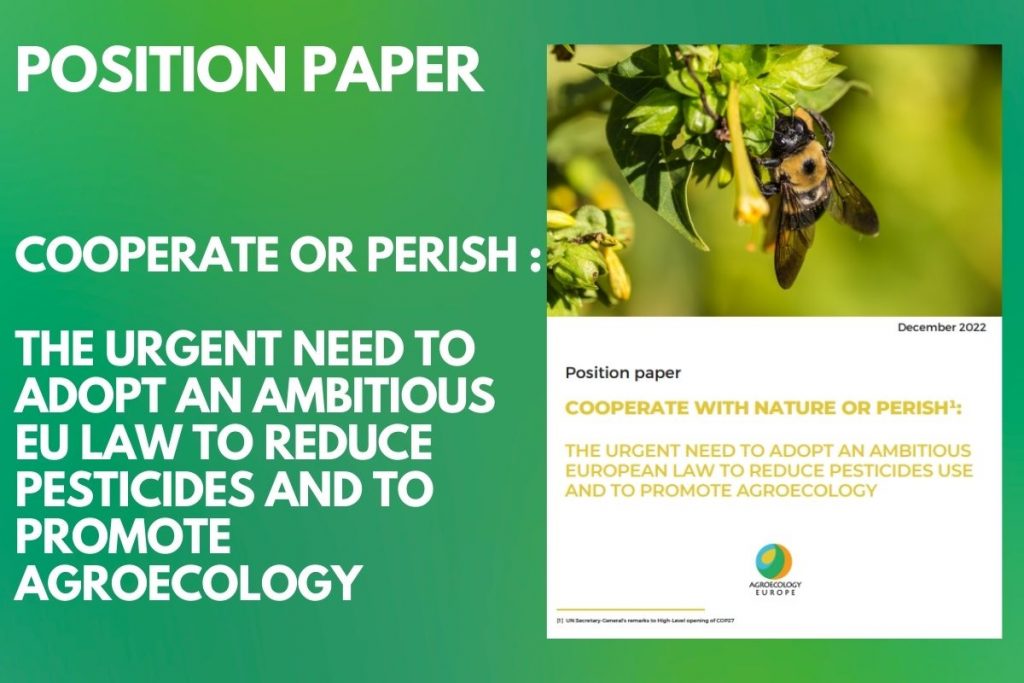In June 2022, the Commission published the revision of the Sustainable Use of Pesticides Directive (SUD), now called the Proposal for a Regulation COM(2022)305 on the sustainable use of plant protection products (SUR). In line with the Farm to Fork Strategy of the EU Green Deal, the objectives stated in this proposal are to halve the use and risk of pesticides in Europe by 2030 and to have a very limited use of these substances in protected natural areas.
The war in Ukraine has cast doubts about the feasibility and consequences of the Farm to Fork Strategy, in particular about its capacity to ensure food security in the short and long term in Europe and worldwide. Many in the Council and the European Parliament have invoked these flawed narratives, disregarding all the scientific evidence on the real risks to humanity’s food security, mainly climate change, biodiversity loss and land degradation. Indeed, the European Council voted on 19 December 2022 on requesting the European Commission to provide a complementary impact assessment to the existing one on the sustainable use of plant protection products, causing delays in the implementation of the law.
In this context, where attempts to jeopardize this important legislation so central to ensure the sustainability of our food system are frequent, Agroecology Europe insists on the necessity to implement a coherent and ambitious legislation on the reduction of pesticide use in Europe. This must be accompanied by real and effective support policies for farmers to shift from chemical-intensive agriculture towards knowledge-intensive agriculture and to diversify their production system, making it more resilient and autonomous through independent and effective farm advisory services.
This paper aims to give an overview of the Commission’s legislative proposal, with an agroecological and systemic approach, and to to provide recommendations for improvements to make the legislation more consistent. It also aims to highlight the wide range of scientific evidence that shows that, in the light of the climate and biodiversity crises, the most convincing solution to ensure long-term global food security lies in the implementation of agroecology, improving agroecosystems by harnessing natural processes, creating beneficial biological interactions and synergies and using, in the best way, ecological processes and ecosystem services.

